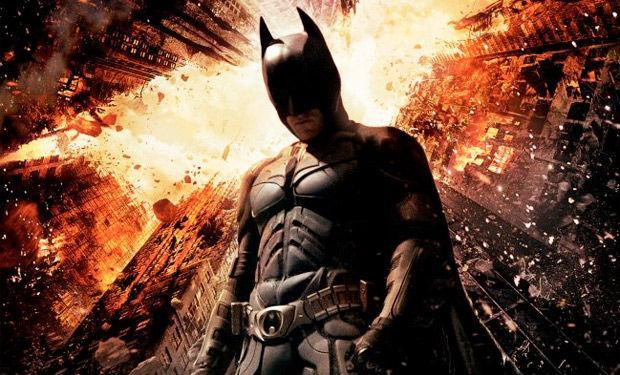It seems like every year, comic book and cinema fans across the country splurge on 3-D or IMAX tickets to marvel at the latest approach to this genre of fantasy fiction.
But not one comic book movie is the same, and there has been a shift in the way directors and producers have approached adapting these stories to the big screen. This shift is significantly polarized to the point where these movies take one of two directions: serious or not.
In the past 10 years, new adaptations of famous comic books stories have transitioned from lighthearted flicks to realistic and almost melancholy dramas. There’s always loss and pain in the plot, and the defeat of the villain does not come without great sacrifice.
Ten years is an almost exact figure because it was that long ago Christopher Nolan elevated the Batman saga from its former mediocrity with the “Dark Knight” trilogy. Most would agree the trend of realism began with Nolan’s idea of what a comic book film should be.
Needless to say, Nolan’s realistic attitude made directors Tim Burton and Joel Schumacher’s attempts at the Batman series in the ’90s laughable and borderline immature. Side by side, it’s difficult to recognize Nolan is even telling the same basic story because the films are so different.
“The term ‘realism’ is often confusing and used sort of arbitrarily. I suppose ‘relatable’ is the word I would use,” Nolan said in an interview with Film Comment. “I wanted a world that was realistically portrayed. The streets would have the same weight and validity of the streets in any other action movie.”
Nolan did something right because “The Dark Knight Rises” alone has grossed a little more than $1 billion worldwide since its release.
While the most obvious example, Batman isn’t the only superhero who has been revamped.
The highly anticipated Fantastic Four reboot, scheduled to premiere this fall, is almost unrecognizable in its trailer until the silver “4” appears on the screen. The film’s director, Josh Trank, most well known for directing “Chronicle,” has twisted the movie into a similar direction as his former work, but has maintained the theme Nolan created in 2005.
For anyone who hasn’t seen “Chronicle,” the plot follows three teenage boys graced with super powers after being exposed to a fallen asteroid. One of the twisted teens turns against the other two, as well as everyone else, and goes on a destructive rampage, taking the life of anyone who crosses him.
This is in no way a lighthearted or comical approach and honestly borders disturbing in some scenes. If Trank decides to follow the same format with upcoming “Fantastic Four,” viewers are in for a big surprise — one that might be unpleasant for some.
Though the serious or pessimistic approach is becoming the norm, it has not always worked in the past. In fact, Mark Steven Johnson’s “Daredevil,” arguably one of the least popular Marvel adaptations, followed the same dark and broody style Nolan perfected, but was poorly received by moviegoers and film critics alike.
The film only merited a 45 percent approval rating according to Rotten Tomatoes’ critics and a 5.4 out of 10 on the IMDb scale. This seems odd, considering the film featured a rather dynamite cast and decent script.
So, why wasn’t “relatable” popular in 2003? After all, Matt Murdock, or Daredevil, was a blind lawyer who used his heightened senses to fight the evils of Hell’s Kitchen — not too unbelievable.
It seems viewers are drawn to this natural evolution and
progression. It’s not like the 1989 “Batman” was unpopular, and everyone loved seeing the first take on Peter Parker’s character, but there is nothing wrong with moving forward.
Spiderman, Superman, Batman and now the Fantastic Four have seen reboots, and this melancholy theme has held true for all of them. Even though tissues may be necessary, this trend is overall a positive leap forward for the popular movie genre.
Viewers should embrace the change and accept the fact that directors are going to take substantial risks in bringing these famous characters to life.
While past comic book adventures laid the foundation for all future films, it is only natural for stories to evolve and grow as they always have. Fans should open their minds and hearts to new possibilities in such an influential realm of movie history.
Michael Tarver is a 20-year-old mass communication junior from Houma, Louisiana. You can reach him on Twitter @michael_T16.
Comic book fans should embrace new serious approach to films
February 2, 2015
Comic book superheroes such as Batman have taken a dark turn in film adaptation.





